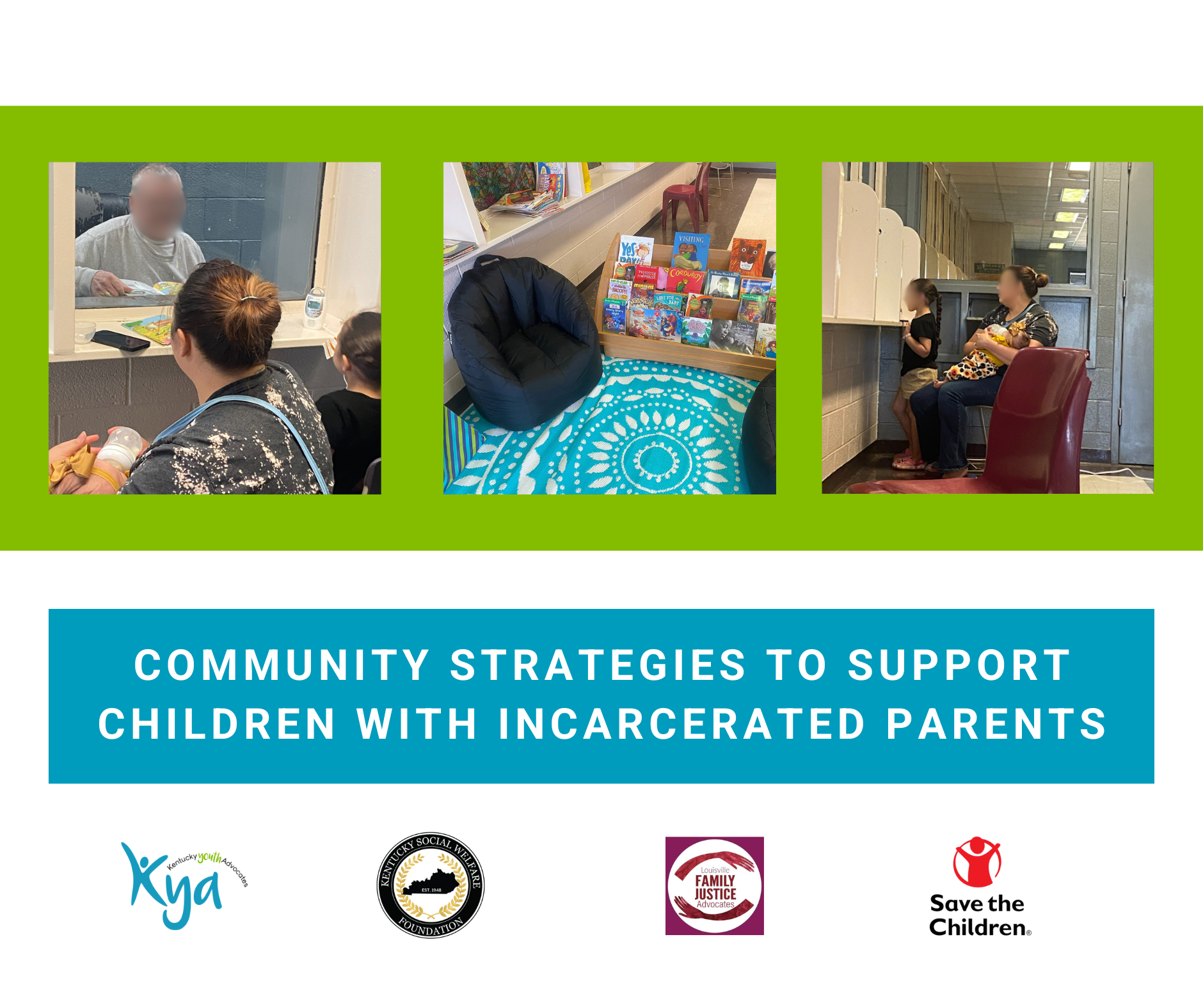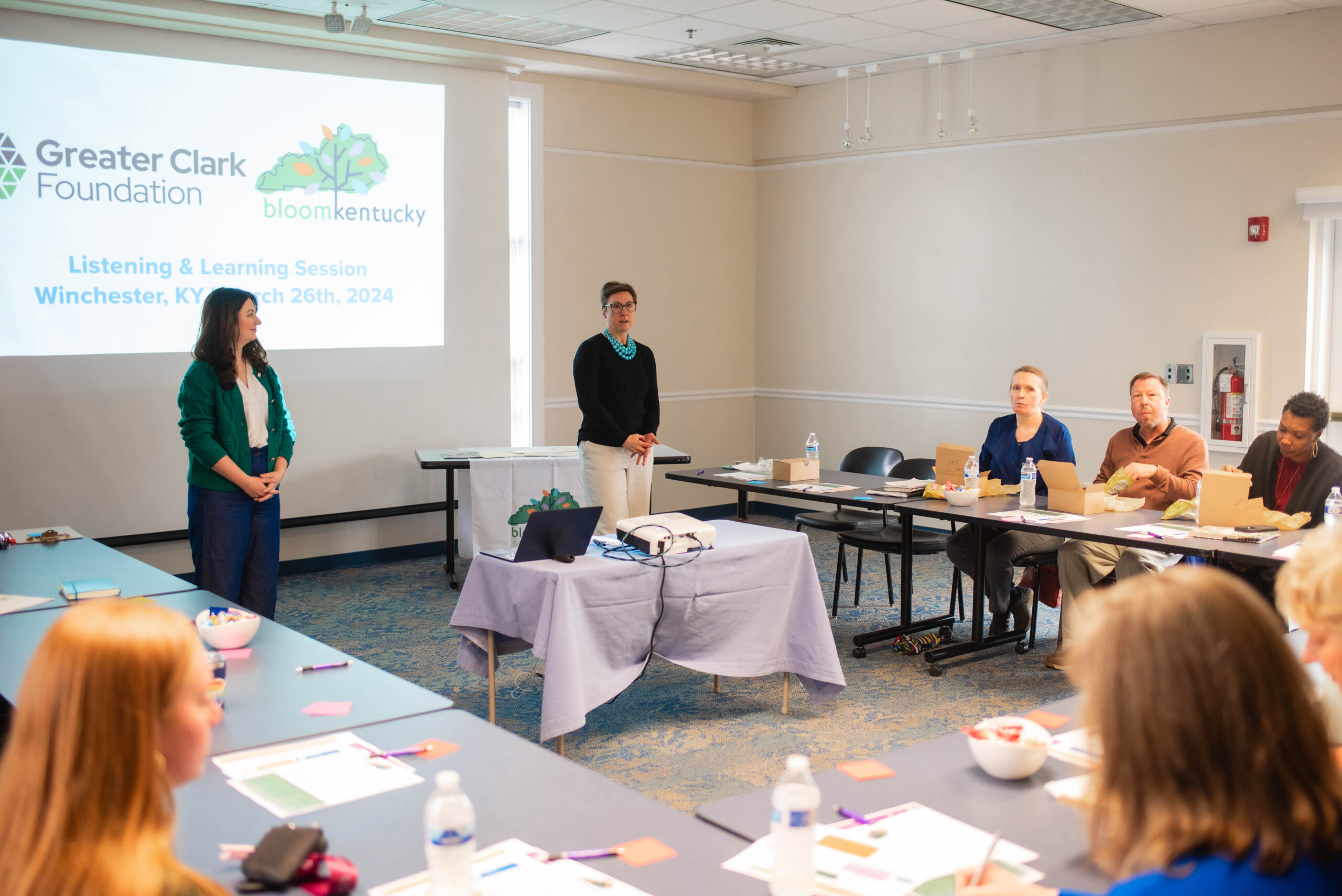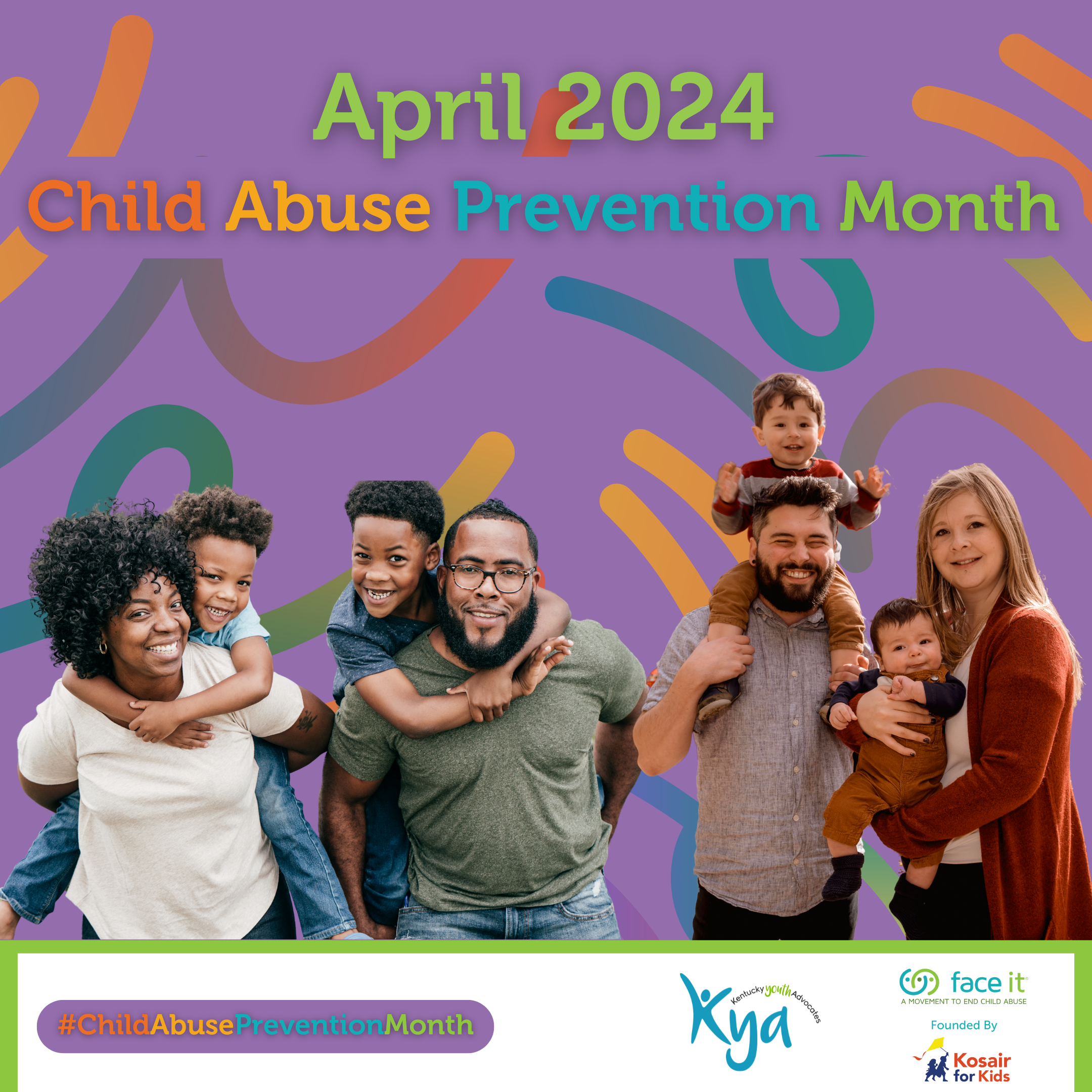“I’m putting my child in preschool.” To most people, those words are harmless. To a private child care program, “I’m putting my child in preschool,” can be a death knell.
At least, that’s how it used to be for New Beginnings Learning Center, operated by Hazard Perry County Community Ministries. New Beginnings opened in 2004 to provide high quality early care and education for infants, toddlers, and preschoolers, as well as an afterschool enrichment program for students in kindergarten through 3rd grade. Over the last 10 years, we have attained and maintained a 3 STAR rating in Kentucky’s Quality Rating and Improvement System, STARS for KIDS NOW.
Each year, we watched helplessly as children and families left at the age of 3 and 4 for the lure of preschool, which was viewed as more educational than “daycare.” Also, it’s “free.” The thing about private child care is if you don’t have children, you don’t get paid. And even if you have a waiting list for infants and toddlers a mile long, you can’t serve them if you don’t have 3 and 4 year olds to balance out staffing across classrooms.
In late 2012, we began working with our Community Early Childhood Council to improve Perry County’s early care and education system for 0-5 year olds. During that school year, school districts voluntarily participated in a new kindergarten screening tool, the Brigance. When the results were disseminated, they gave our community much room for improvement, as only 14% of students were deemed ready for kindergarten.
By 2013, we had implemented a partnership with our local Head Start, serving eligible children in a collaborative classroom with screening and assessments. By the 2013-14 school year, the kindergarten readiness screening had become universal, and the results in our community were clear: 67-80% of children coming out of private child care were deemed ready for Kindergarten. One of the advantages of our program is that we can operate full-day and year-round, whereas the other programs do not have public funding to do so. The advantage of the other programs is that they are viewed by parents as more educational and have access to special needs services that we do not. Also, they’re free to parents – and let’s face it – that’s a big consideration in an economy of stagnating wages.
We renewed our efforts to figure out a way to partner so that children, no matter where they were, would receive a quality education and wraparound services before entering public school.
To that end, this summer we met with the Perry County Board of Education and our local Head Start to blend a classroom so that all four-year-old children would receive public services in our classroom, without having to leave the building. We now provide a screening checklist that is compatible with school entry steps (physicals, vision tests, etc.), and provide screening and assessment onsite, too.
Meanwhile, we are working hard to certify a teacher in Interdisciplinary Early Childhood Education, the benchmark for a lead preschool teacher in publicly funded preschool. Once that certification takes place, our preschool teacher will be a joint employee of both our organization and Perry County Board of Education. This will give parents confidence that their children are receiving the best possible pre-K education, while relieving the strain on family incomes. We’ll be saving the Perry County Board of Education money by offering a classroom with none of the fixed costs usually associated with a preschool classroom.
The challenges in collaboration can be daunting, but the rewards are great. As eligibility for preschool increases from 150% to 160% of the poverty level next year, it is imperative that school boards, Head Start grantees, and quality child care programs partner to create true pre-K systems rather than isolated programs. There’s no sense in retrofitting classrooms in schools if there are qualifying preschoolers already in a high quality child care center.
Everywhere I look, programs are adjusting to the reality of having to do more with less. Head Start has had to deal with decreased federal funding due to sequestration. Boards of education struggle to balance their budgets annually. Child care centers have endured a freeze on children qualifying for child care subsidy and stagnant reimbursement rates since 2006. Parents struggle from paycheck to paycheck.
At New Beginnings, we’re making the new reality work. We’re combining public preschool funding, Head Start funding, Child Care Assistance, and private tuition payments to fund a classroom. As we combine resources, we’re now implementing a stronger, more effective program with quality outcomes. Because the bottom line is not actually about money – it’s about offering all of our children the best of our resources so that they enter school and real life prepared to succeed.
Adrienne Bush is the executive director of Hazard Perry County Community Ministries in Hazard, Kentucky.







Leave A Comment